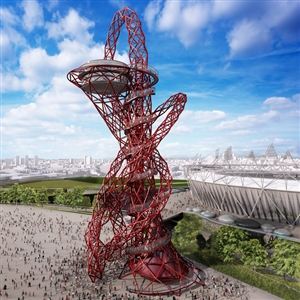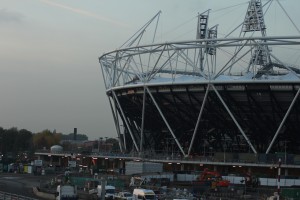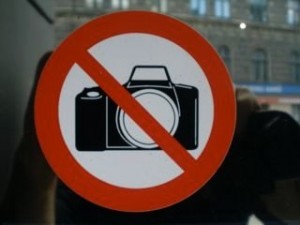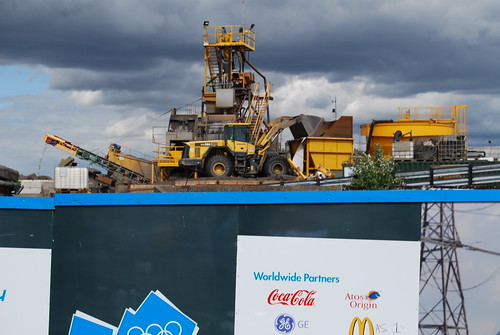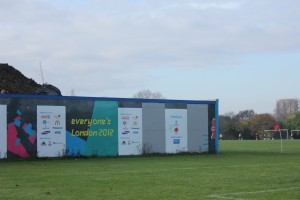The Camden New Journal yesterday uncovered plans to erect a statue of Christ the Redeemer on Primrose Hill. The statue will be a tribute to the one overlooking Rio de Janeiro, to celebrate passing on the torch (pun begrudgingly intended) to Brazil for 2016.
The Brazilian government would fund the project, and a planning consultancy based in London has been employed by Brazil’s tourist agency to hold a public meeting to display the designs before applications for planning permission are submitted.
The Camden-based design company See Me, Hear Me, Feel Me did not want to discuss the plans, and the Brazilian government was unavailable for comment, but Primrose Hill Lib Dem councillor Chris Naylor said he wasn’t sure a 30ft statue of Christ with his arms outstretched was quite what the area needed.
Other statues to celebrate the Olympics have been erected around Britain, often to the displeasure of residents. The ‘Jurassic Stones’ statue, by Richard Harris, has been greeted with horror by residents of Weymouth, Dorset. The Stones’ £335,000 bill pales in comparison to the £19m spent on Anish Kapoor’s ‘ArcelorMittal Orbit’, on site in Stratford.
Many people question why so much money is being spent on statues to celebrate the Olympics, and whether it is appropriate in the current economic climate. The term ‘Legacy’ has always been used to describe the impact of mega-events like the Games: urban development, social, economic and cultural changes are words often thrown around in relation to the Legacy. However, the term has been re-appropriated by critics of the Games and become somewhat of a joke. The Legacy that does seem to be taking shape is symbolised in the statues cropping up around the country – abstracted, distorted, and expensive.
The real Olympic Legacy will be towering debt.
For other Olympic links and Spectacle’s video archive
For more London Olympics Blogs
See our Olympics project pages for more information and videos.
Or visit PlanA our general blog on urbanism, planning and architecture.
Spectacle homepage
Facebook Spectacle.Docs
Follow SpectacleMedia on Twitter

